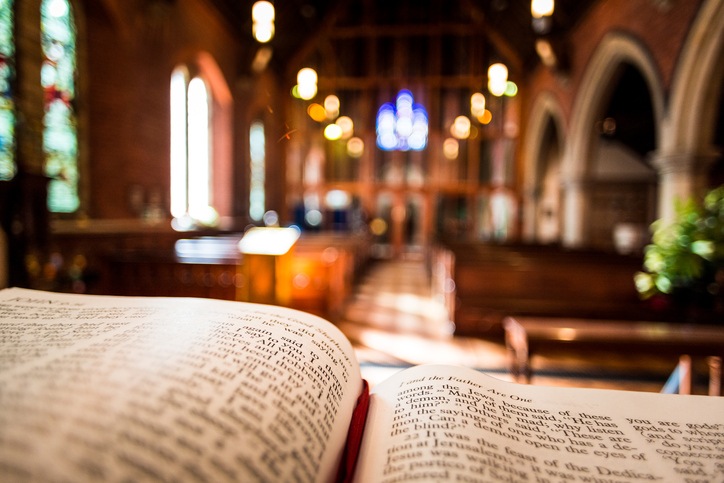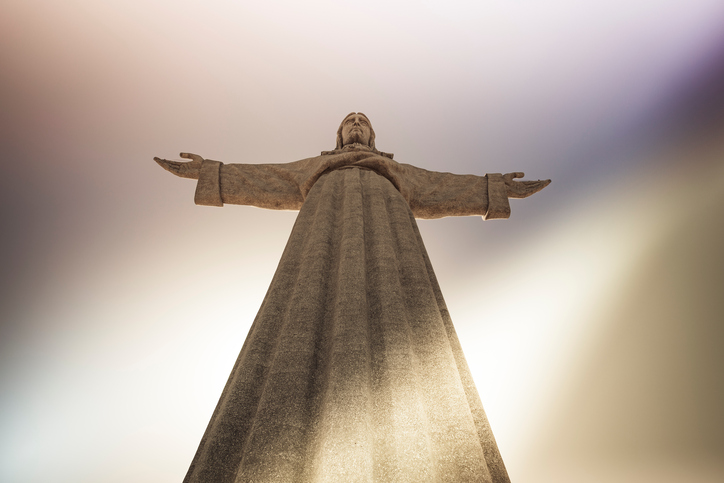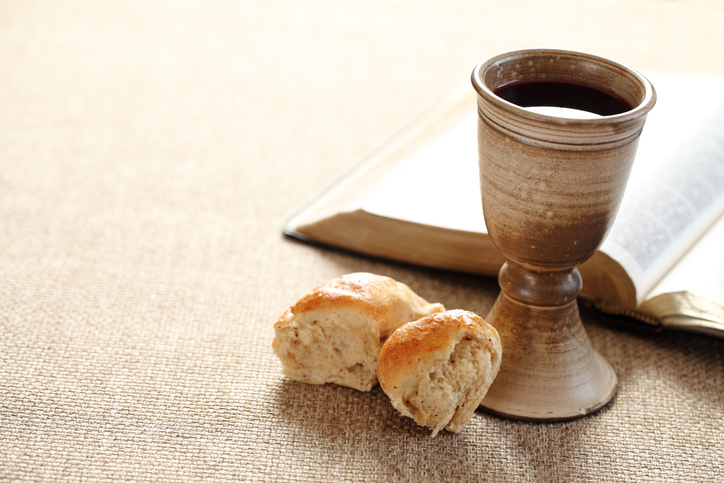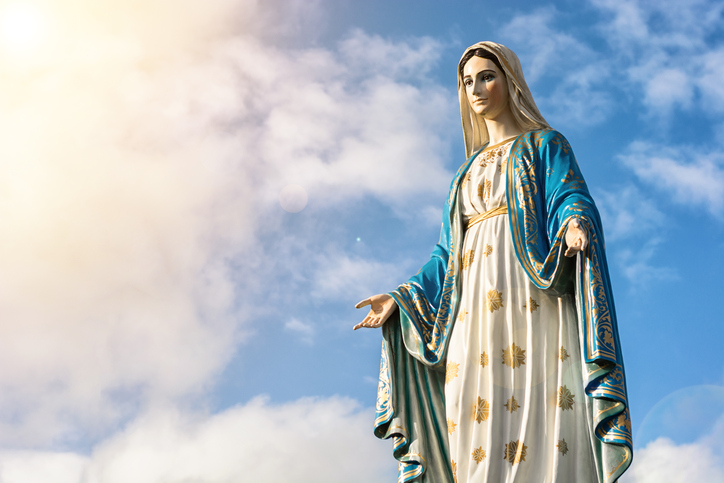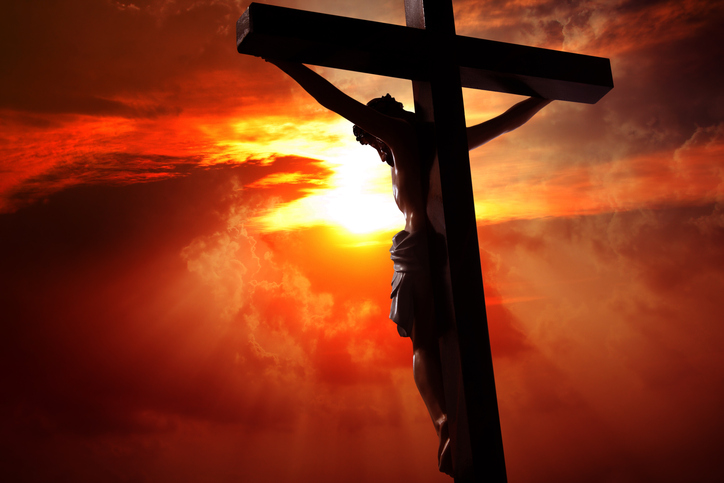We are loved unconditionally and I’m not sure that many of us understand the meaning of that.
To be loved beyond our every sin, loved beyond our every expectation, loved far beyond our comprehension.
God, Our Heavenly Father, did not send His son to remind us that He still existed. He did not send Jesus to condemn us and tell us that there’s no hope for us because we’re all terrible human beings. He sent the Messiah to remind us that we are forever, irrevocably loved.
I don’t have any children, but my mother has always told me that although she didn’t use to like kids, carrying me inside her, holding me in her arms…she would do anything for me. Most parents know that the bond and love between a parent and their child is a love stronger than any other they have known.
Now imagine that kind of love, magnified a million times over and completely unbreakable.
We lie, we cheat, we defy, we deny that God even exists. Still, that does not stop Him from loving us. In fact, He never doubts His love for a single second. Can you imagine that kind of love? The kind of love that we have been dreaming about since middle school. The kind of love that sweeps us off our feet. A kind of love that will chase you down when you try to leave and tell you that everything will be okay.
I have seen in my own life how He will fight for us even when we have no fight left for anything or anyone. When we give up all hope, He is there to comfort us and remind us that we are not alone and we are loved. When we are ready to stop breathing, he gives us life.
He knows we are worthy of love.
He knows our name before we are born.
He knows us far better than we know ourselves.
He has called us by name and claimed us as His own.

Veronica Alvarado is a born and raised Texan currently living in Michigan. Since graduating from Texas A&M University, Veronica has published various articles in the Catholic Diocese of Austin’s official newspaper, the Catholic Spirit, and other local publications. She now works as the Content Specialist in Diocesan’s Web Department.





